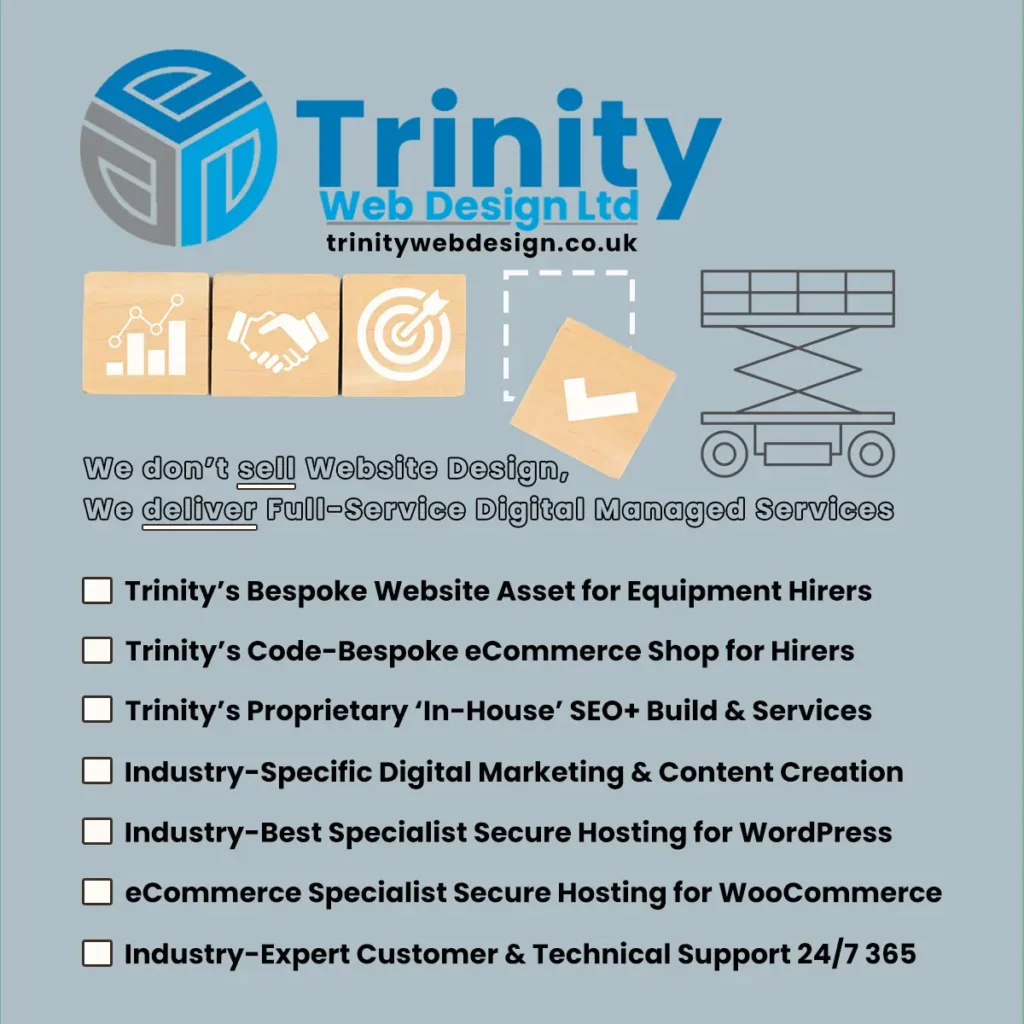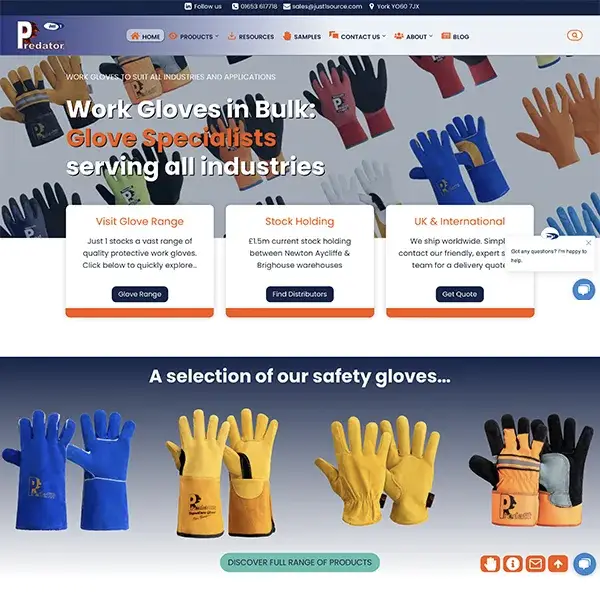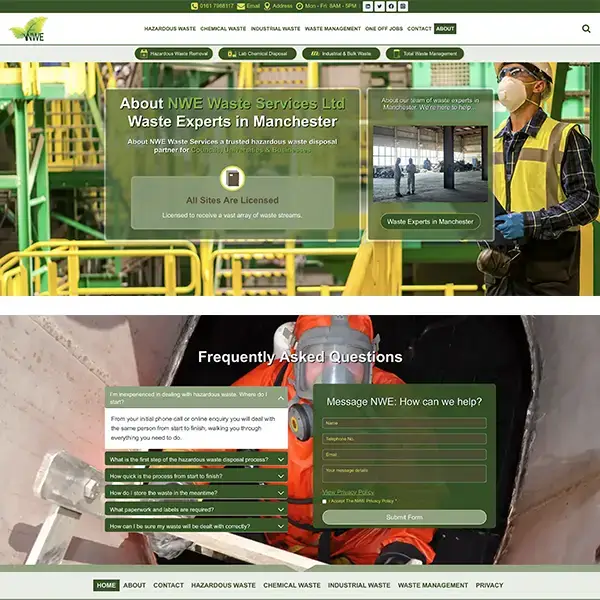Role of the Freelancer Outsource ‘v’ Employee
Freelancers and outsourcers are an increasingly important part of the modern economy, as more and more businesses look to tap into the flexible and cost-effective resources that these professionals can provide. But what is the role of the freelance outsourcer, and how does it differ from that of a traditional employee?

One of the key differences between freelance outsourcers and employees is the level of commitment and loyalty that each party has to the other. Freelance outsourcers are generally contracted on a project-by-project basis, meaning that they are not tied to a particular company or organization in the same way that an employee is. This allows them to take on work from multiple clients, giving them a level of flexibility and freedom that employees do not have.
Another key difference is that freelance outsourcers are responsible for their own business expenses and taxes, rather than having these taken care of by their employer. This means that they have to be more proactive in managing their finances and ensuring that they are properly compensated for their work.
Despite these differences, freelance outsourcers still play a vital role in the modern economy. Many businesses rely on their expertise and flexibility to help them complete specific projects or meet deadlines, and they can be an essential part of a company’s workforce.
One of the major advantages of hiring freelance outsourcers is the cost savings that can be achieved. Because they are not tied to a particular company, businesses do not have to pay for their benefits or contribute to their retirement plans, which can help to reduce overhead costs.
Another benefit is the ability to tap into a global pool of talent. With the rise of the internet and advances in remote work technologies, businesses can now hire the best talent from anywhere in the world, rather than being limited to the local job market. This can be especially useful for businesses operating in niche markets or industries where skilled professionals may be hard to find locally.
Overall, the role of the freelance outsourcer is to provide businesses with the expertise and resources they need to complete specific projects or meet deadlines. While they may not have the same level of commitment or loyalty as employees, they play a vital role in the modern economy and can provide businesses with cost savings and access to a global pool of talent.

There are many industries where freelance outsourcers can thrive and provide valuable services to businesses. Some examples include:
- Information Technology: Freelance IT professionals, such as software developers and web designers, are often in high demand as businesses look to keep their systems and websites up to date.
- Marketing: Freelance marketers, such as copywriters, social media managers, and content creators, can help businesses develop and implement effective marketing strategies.
- Design: Freelance designers, such as graphic designers and illustrators, can help businesses create professional and visually appealing materials.
- Writing and Editing: Freelance writers and editors can help businesses produce high-quality content for their websites, social media, and marketing materials.
- Photography and videography: Freelance photographers and videographers can help businesses create professional-quality visual content for their marketing efforts.
- Translation: Freelance translators can help businesses expand into new markets by translating their materials into other languages.
- Virtual Assistance: Freelance virtual assistants can provide a range of administrative and support services to businesses, such as scheduling appointments and managing emails.
These are just a few examples, and the list is by no means exhaustive. Freelance outsourcers can be found in a wide range of industries, providing valuable services to businesses of all sizes.

Freelancing, or working as a self-employed individual, can be a rewarding and fulfilling career choice for many people. However, it is not without its challenges and drawbacks. Here are some pros and cons of freelancing:
Pros:
- Flexibility: Freelancers have the freedom to choose when and where they work, which can be especially appealing to those who value a good work-life balance.
- Control: Freelancers have more control over their careers and can choose the projects and clients they want to work with.
- Potential for higher pay: Freelancers may be able to earn more money than they would in a traditional job, especially if they are able to secure high-paying projects.
- Opportunity for growth: Freelancers can take on a variety of different projects and clients, which can help them build their skills and grow their careers.
Cons:
- Lack of job security: Freelancers do not have the same level of job security as traditional employees, as they are not guaranteed a steady stream of work.
- No benefits: Freelancers do not receive the same benefits as traditional employees, such as health insurance and retirement plans, and must arrange for these on their own.
- Administrative tasks: Freelancers are responsible for their own taxes, invoicing, and other administrative tasks, which can be time-consuming and overwhelming.
- Lack of support: Freelancers do not have the same level of support as traditional employees, such as HR departments or colleagues to turn to for help and guidance.
Ultimately, whether freelancing is the right choice for you will depend on your personal circumstances and career goals. It is important to carefully consider the pros and cons before making the decision to become a freelancer.

















